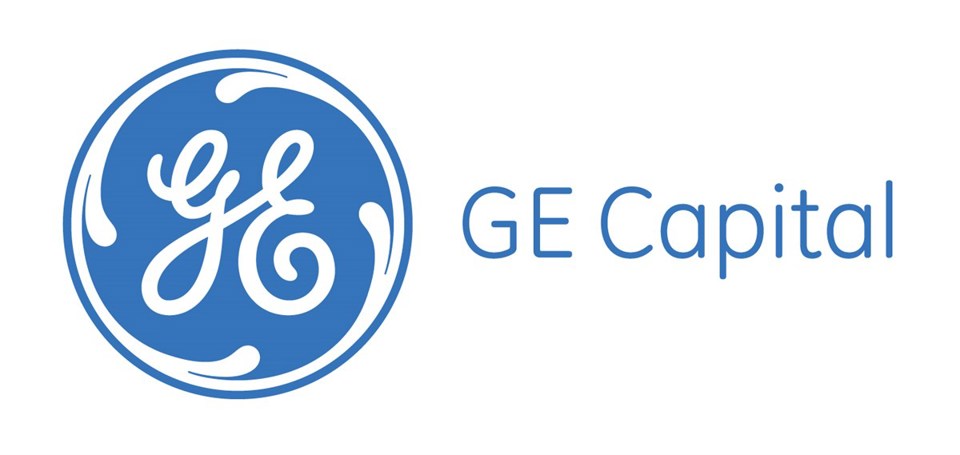A new survey from GE Capital International highlights positivity among European fleet managers, with 80% of respondents expecting their fleets to grow or remain stable in the next 24 months.
Respondents also have an overwhelmingly optimistic international outlook, with more than four out of five respondents surveyed planning to expand their fleet into new countries - with Turkey, Russia and Brazil attracting particular interest.
The findings come from GE Capital International’s latest report into the state of car policies; a survey of 72 fleet companies across Europe which collectively manage more than 150,000 vehicles.
The report identifies a number of key industry challenges and kick-starts The Fleet Debate; a year-long GE Capital programme engaging European industry leaders on areas including cost savings, efficiency and best practices in fleet management.
Heading the list of challenges for the coming year is improving the behaviour of drivers, with 61% of respondents ranking it as a top concern. Out of this group, 41% are hoping to reduce damages and accidents, whereas 30% want to reduce CO2 consumption. Despite this clear concern, only 49% of respondents actually have active programmes in place aimed at influencing driver behaviour.
The next greatest challenge comes as a by-product of international expansion, with 54% looking to optimise their global fleet. Behind this comes fuel management, with 48% of respondents wanting to improve their approach.
One of the most striking trends to emerge from the survey is the rise in emissions management. More than 60% of companies surveyed now have CO2 emissions restrictions in place, whereas in 2008, this was just 38%. CO2 emissions are limited at 130-140g/km for almost two thirds of respondents (63%), while for 11% the limit is even lower at 110-120g/km.
Majk Strika, new relationships development leader at GE Capital International said: "The picture of fleet management painted by our survey is an overwhelmingly positive one, with substantial optimism for the year ahead.
"This said however, developing an effective global fleet management strategy is truly complex. Through benchmarking how companies across Europe structure their car policies, we aim to identify some of the more pressing challenges facing industry leaders and ultimately provide guidance as to how these can be overcome."





















Login to comment
Comments
No comments have been made yet.